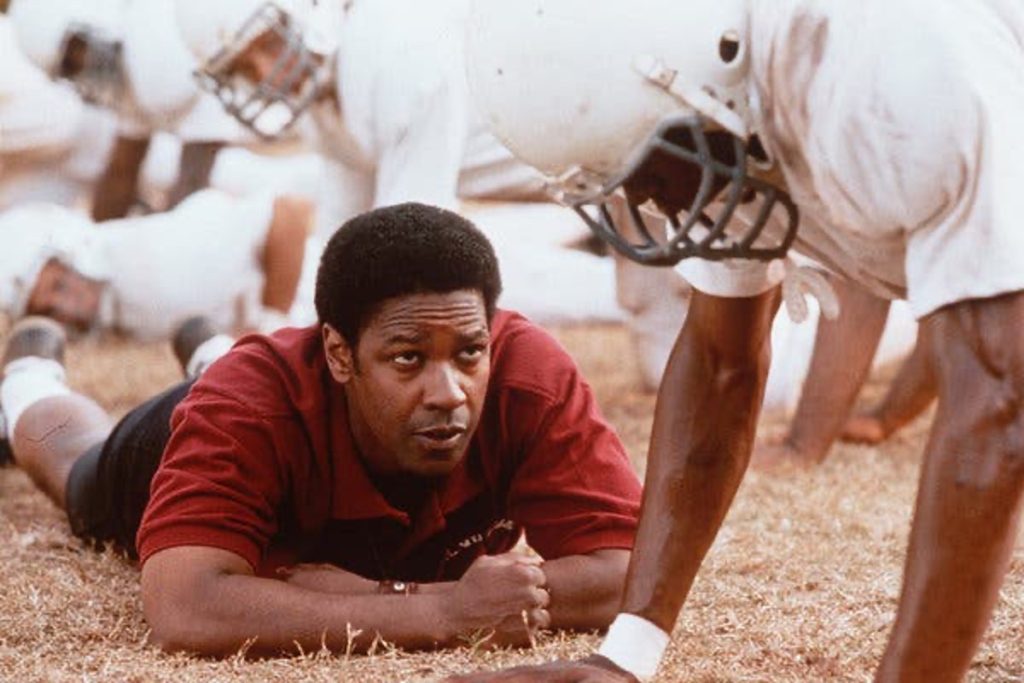Now that we’ve had a deep dive into the Four Key Components of Emotional Intelligence:
- Self Awareness
- Self Management
- Social Awareness
- Relationship Management
…let’s focus on how to put what we’ve learned into practice to build emotionally intelligent teams.
Emotionally Intelligent Teams are those where members are aware of each other’s emotions and work together harmoniously.
As discussed throughout this series, Emotional Intelligence can help you create honest and healthy relationships with and within your teams. Creating an emotionally intelligent organizational culture is a company-wide commitment and ongoing process. It is not a flavor-of-the-week activity that sounds good in a presentation but doesn’t get put into practice in real life.
Emotional Intelligence and building the skills behind it needs to start at the top of your organization at the executive level and trickle down from there through management to the front lines.
Benefits of Emotionally Intelligent Teams


Let’s consider the movie “Remember the Titans”. The story – which is based on true events – is set against the backdrop of the desegregation of public schools in the South. T.C. Williams High School, newly integrated, faces intense racial hostility. The football team becomes the focal point of these tensions, with black and white players initially refusing to cooperate.
Throughout the movie, Coach Boone emphasizes the importance of unity, empathy, and understanding. He uses tough but fair leadership to push the players beyond their racial biases, forcing them to communicate and rely on each other. This is most clearly seen during the training camp at Gettysburg, where Boone takes the team on an early morning run to the Gettysburg battlefield and delivers a powerful speech about the consequences of division, using the history of the Civil War as a parallel to their struggles.
Players like Gerry, a white linebacker, and Julius, a black defensive end, start recognizing their own prejudices and work to overcome them. They learn to manage their emotions and focus on the team’s success rather than individual or racial divisions. This is a powerful demonstration of how Self Awareness and Self Management can unite team members in the pursuit of a common goal.
The players across the team gradually develop empathy for each other. They not only begin to understand each other’s situations, they start to understand that they share common goals and challenges. This is demonstrated in scenes where players begin to form genuine friendships – remember the “Ain’t No Mountain High Enough” sing-along scene?
The team learns to communicate more effectively, both on and off the field. They begin to trust each other, which significantly improves their performance.
As the players’ emotional intelligence grows, so does their motivation to succeed as a united team. They begin to play not just for themselves, but for each other, understanding that their unity is key to overcoming the external pressures and racial hatred they face from the community.
By the end of the movie, the Titans have transformed into a cohesive, emotionally intelligent team. This transformation is the key to their undefeated season and [spoiler alert] state championship victory. The team’s success is not just measured in wins, but in their ability to overcome deep-seated prejudices and become a symbol of unity in a divided community.
Components of Emotionally Intelligent Teams
- Emotionally Intelligent Leadership
- Trust
- Empathy
- Collaboration
Team Building Activities
Team Building doesn’t just happen on its own or all at once. Consider organizing regular workshops focused on building emotional intelligence skills among team members. Trust building activities can be implemented to strengthen the bonds between team members, making it easier for them to communicate openly and collaborate effectively.
Here are some suggestions for exercises to build stronger, more cohesive and effective teams:
ROLE PLAYING
Team members are assigned a role of employee or guest, and have to practice handling difficult conversations or conflicts with empathy and emotional awareness. This helps develop the collective skills of navigating real-world situations more effectively. Don’t be afraid to practice this in your personal life with your friends and/or family. Emotional Intelligence will make a difference in ALL of your relationships; not just your workplace relationships!
Important Note: make sure to include a group reflection after each role play, where the team can discuss together what worked well and what could be improved. This will foster a culture of openness, continuous learning and emotional growth.
TWO TRUTHS AND A LIE
Each team member shares two true facts and one falsehood about themselves. The team then guesses which was the lie, helping them learn more about each other and break down barriers to open communication.
STORYTELLING
Team members are encouraged to share personal stories related to challenges they’ve faced in their careers or lives. This fosters empathy and understanding within the group, as team members learn about each other’s experiences and emotional journeys.
EMPATHY CIRCLES
Empathy circles can be effective as a regular part of your team’s routine, where members gather to discuss their feelings and challenges in a safe, non-judgmental space. Each team member gets a chance to speak uninterrupted about something on their mind, whether it was related to work or personal life. The rest of the team practices active listening, reflecting back what they heard without offering advice or judgment. After each person speaks, the group expresses their understanding of the person’s feelings, which helps reinforce trust and empathy within the team.
If you’ve missed any of the previous installments in this series, you can read them here:
The source material for this article comes from CineTRAIN’s 2-Day Master Class on Team Building. If you’re interested in bringing this dynamic training to your organization (virtually or in person), let’s talk!
